Company Law Report: Safe Harbour Provisions and Director Duties
VerifiedAdded on 2023/01/23
|20
|1911
|29
Report
AI Summary
This report delves into the legal complexities of safe harbour provisions within company law, specifically focusing on the duties and responsibilities of company directors. It examines the evolution of these provisions, particularly the amendments introduced under section 588GA of the Corporations Act 2001 (Cth), and their impact on insolvent trading. The report provides a detailed analysis of the background, including relevant case law such as Woodgate v Davis and ASIC v Somerville & Ors, and explores the issues that have arisen with the implementation of the safe harbour policies. It highlights the challenges in determining the scope of insolvent trading and the potential for directors to misuse the defence provided by safe harbour. The report also discusses the existing gaps in the current policies, particularly in defining 'reasonable practices,' and the burden placed on directors to prove they acted in good faith. The report concludes with recommendations for addressing these issues, including the implementation of an objective test and specific guidelines to ensure that directors do not misuse the safe harbour defence during company insolvency. The report is designed to provide a comprehensive understanding of this important area of corporate law.
1 out of 20
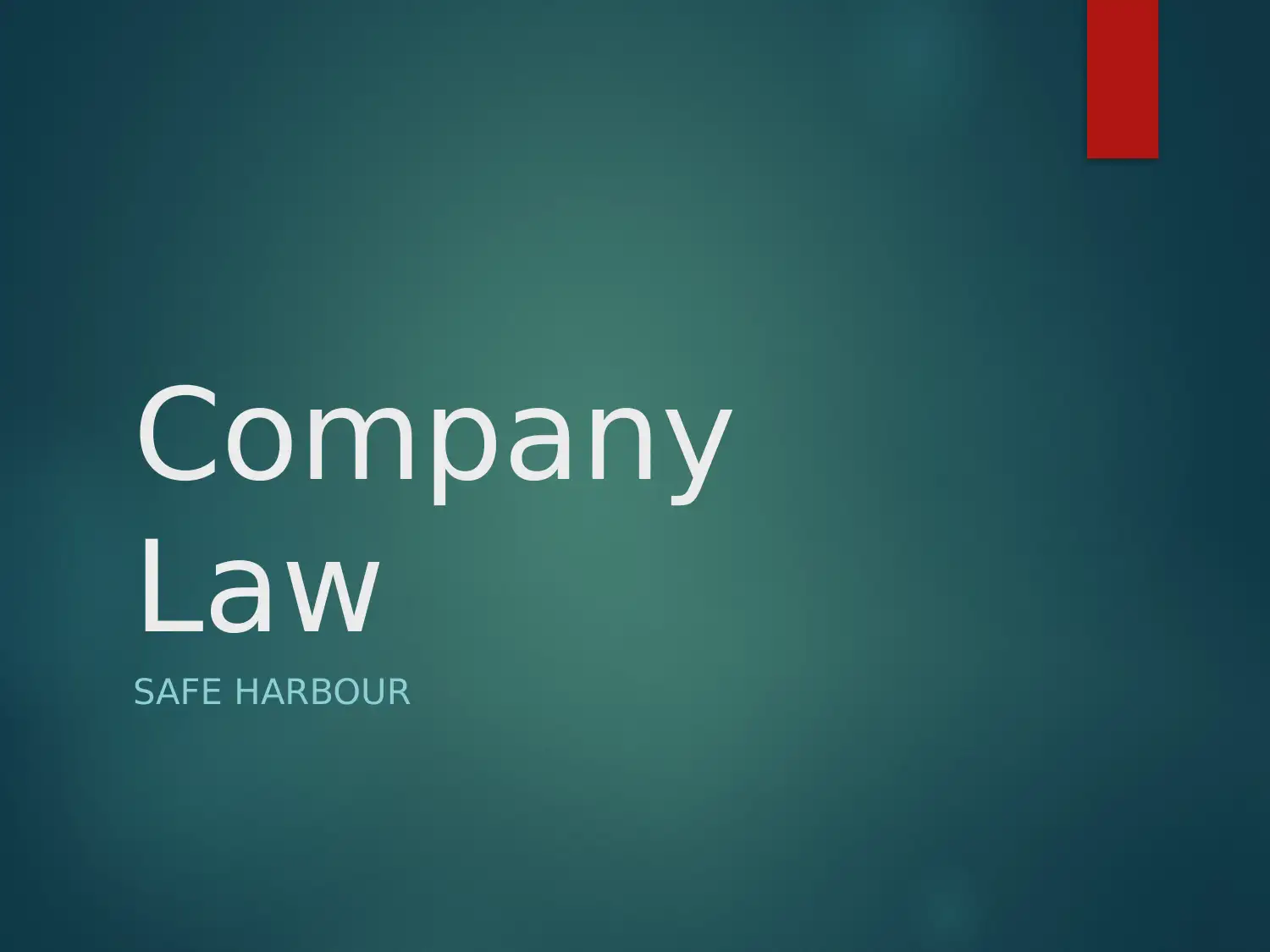
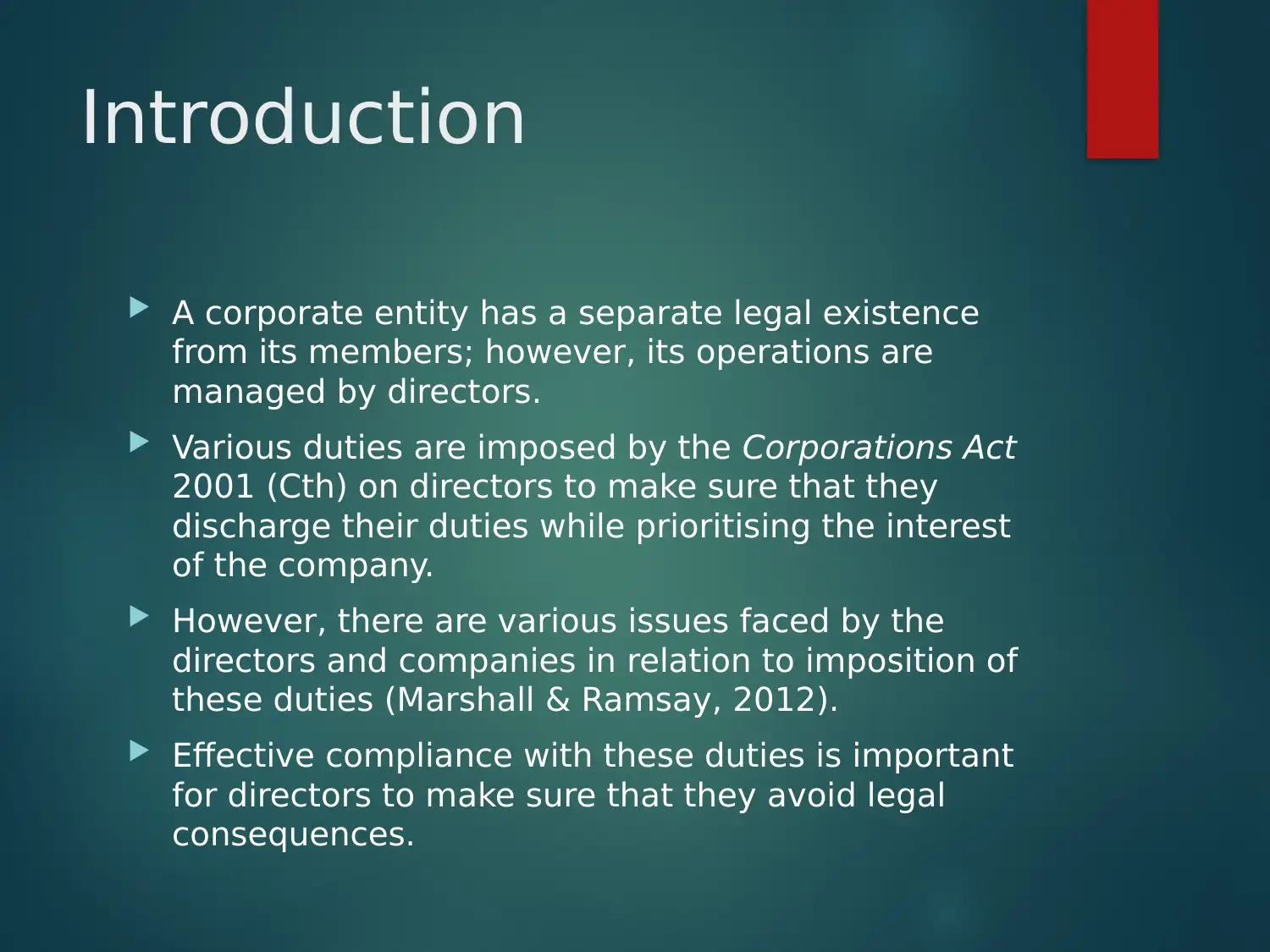


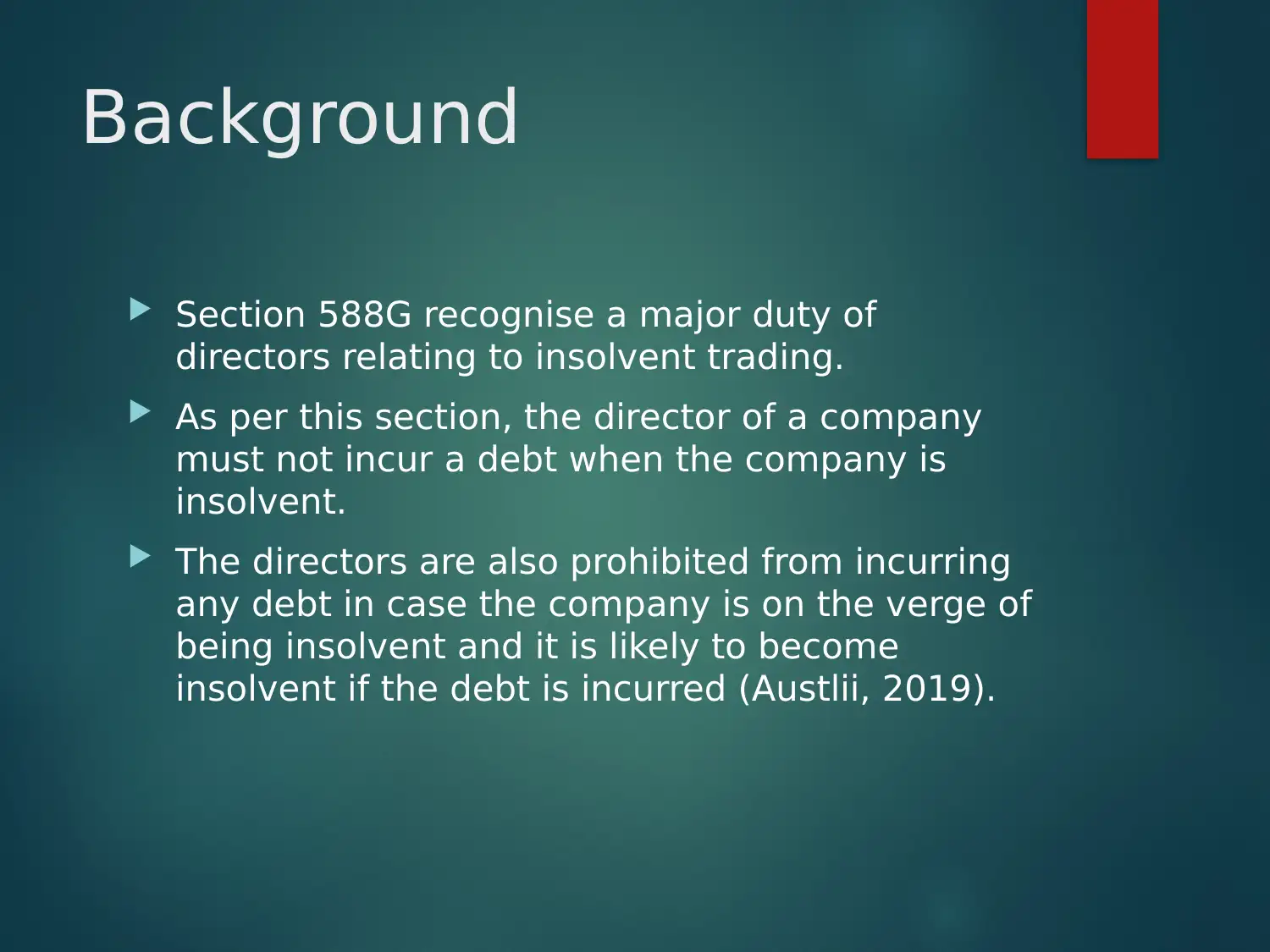
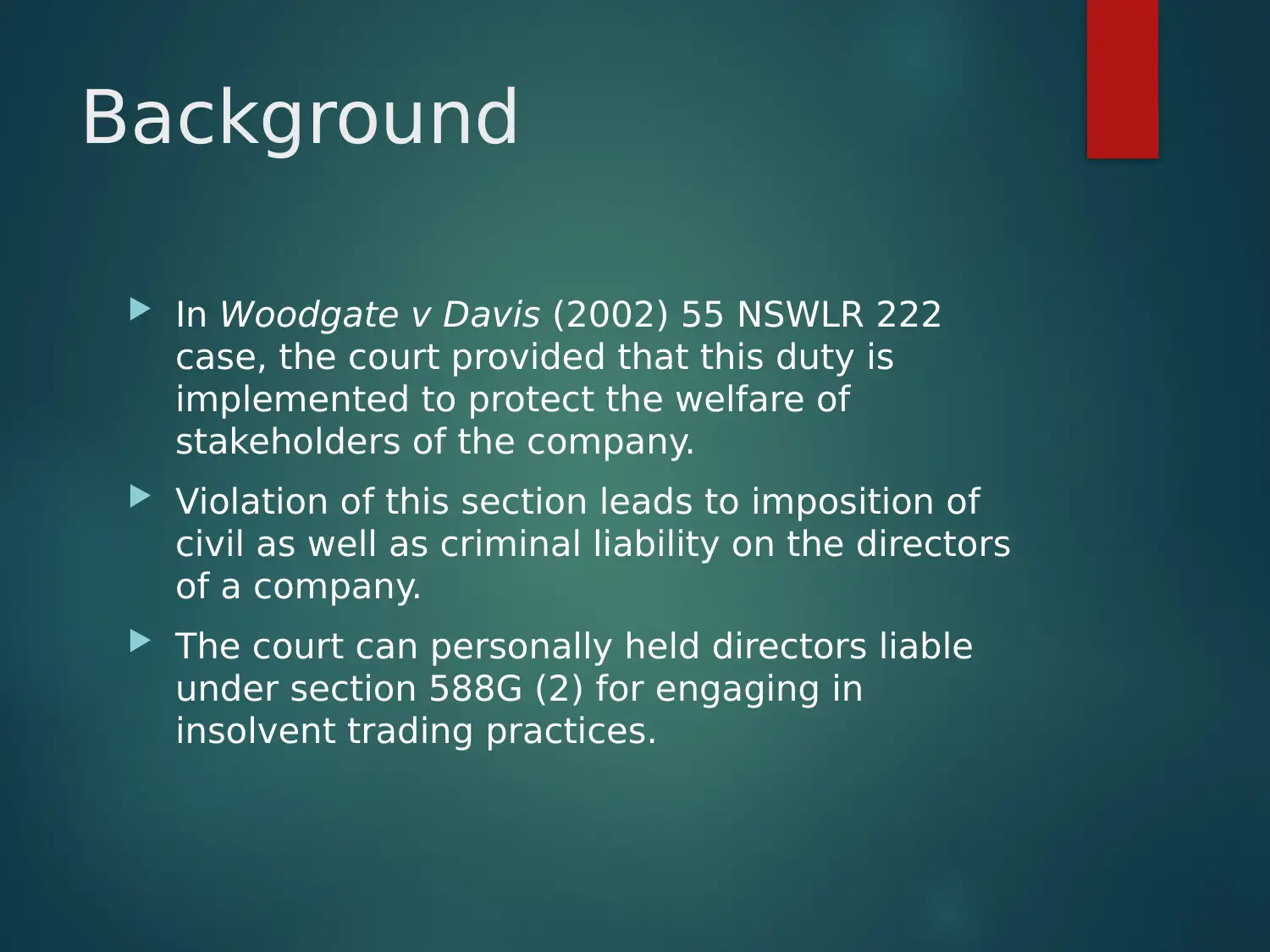
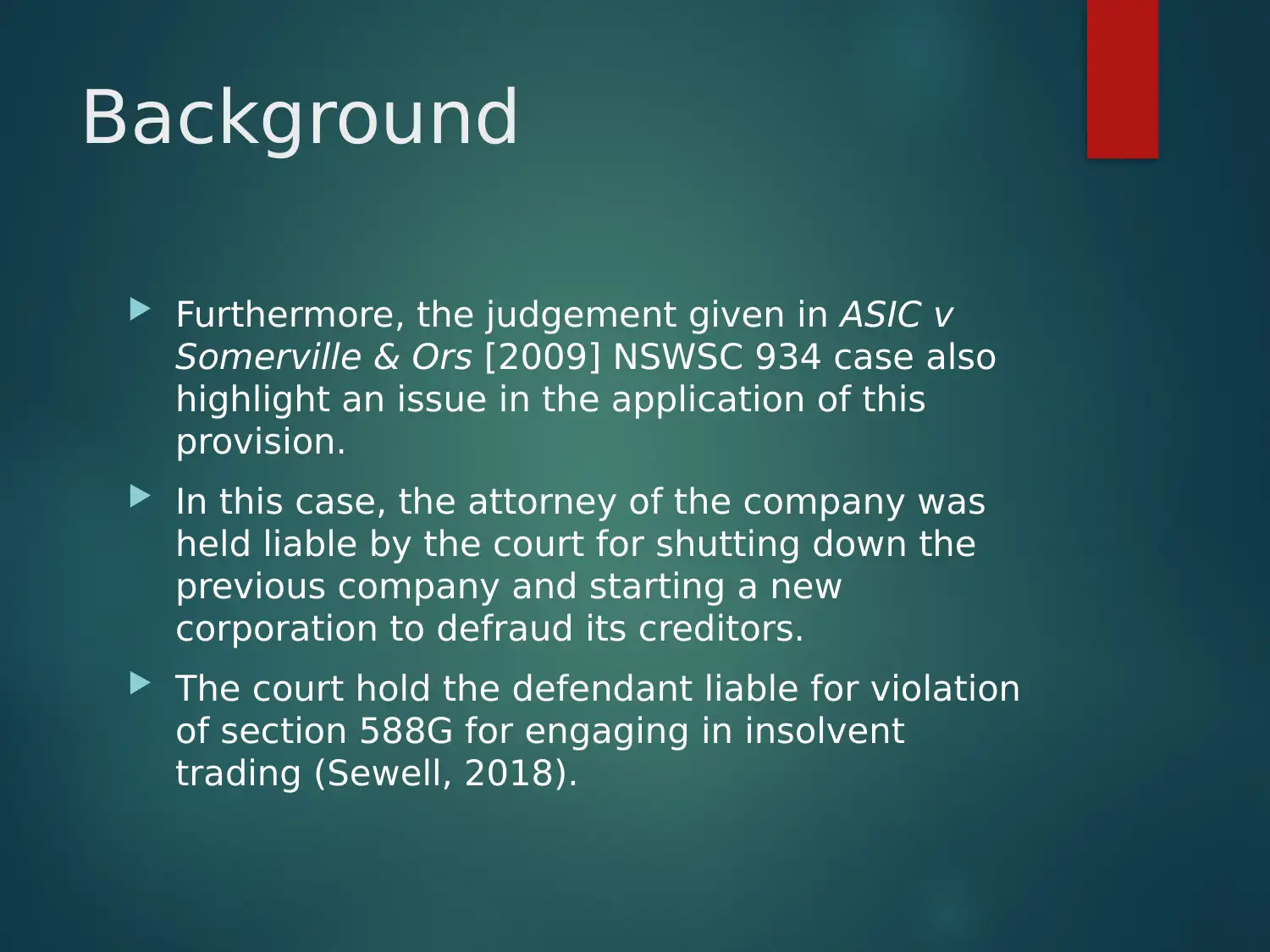
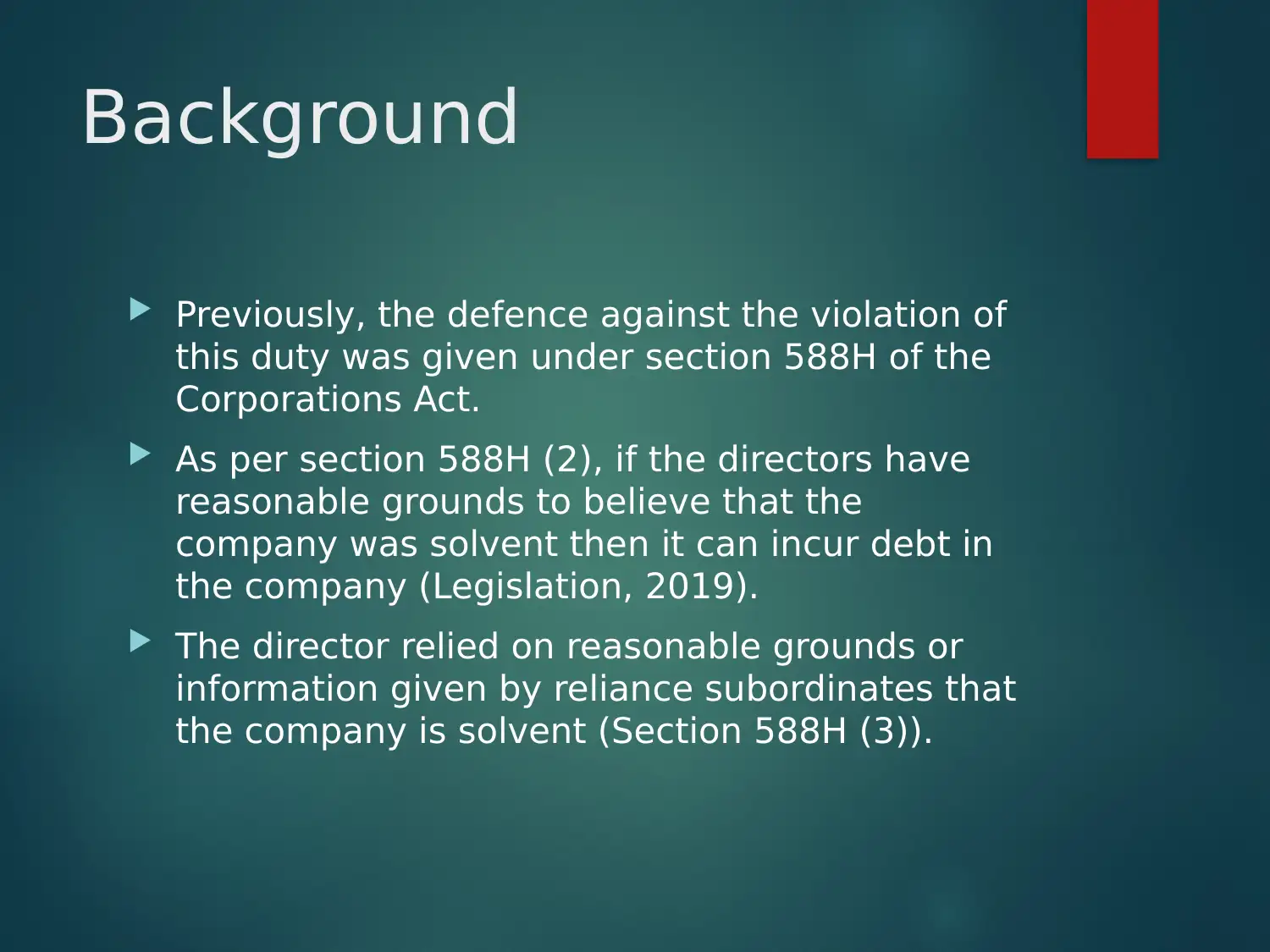

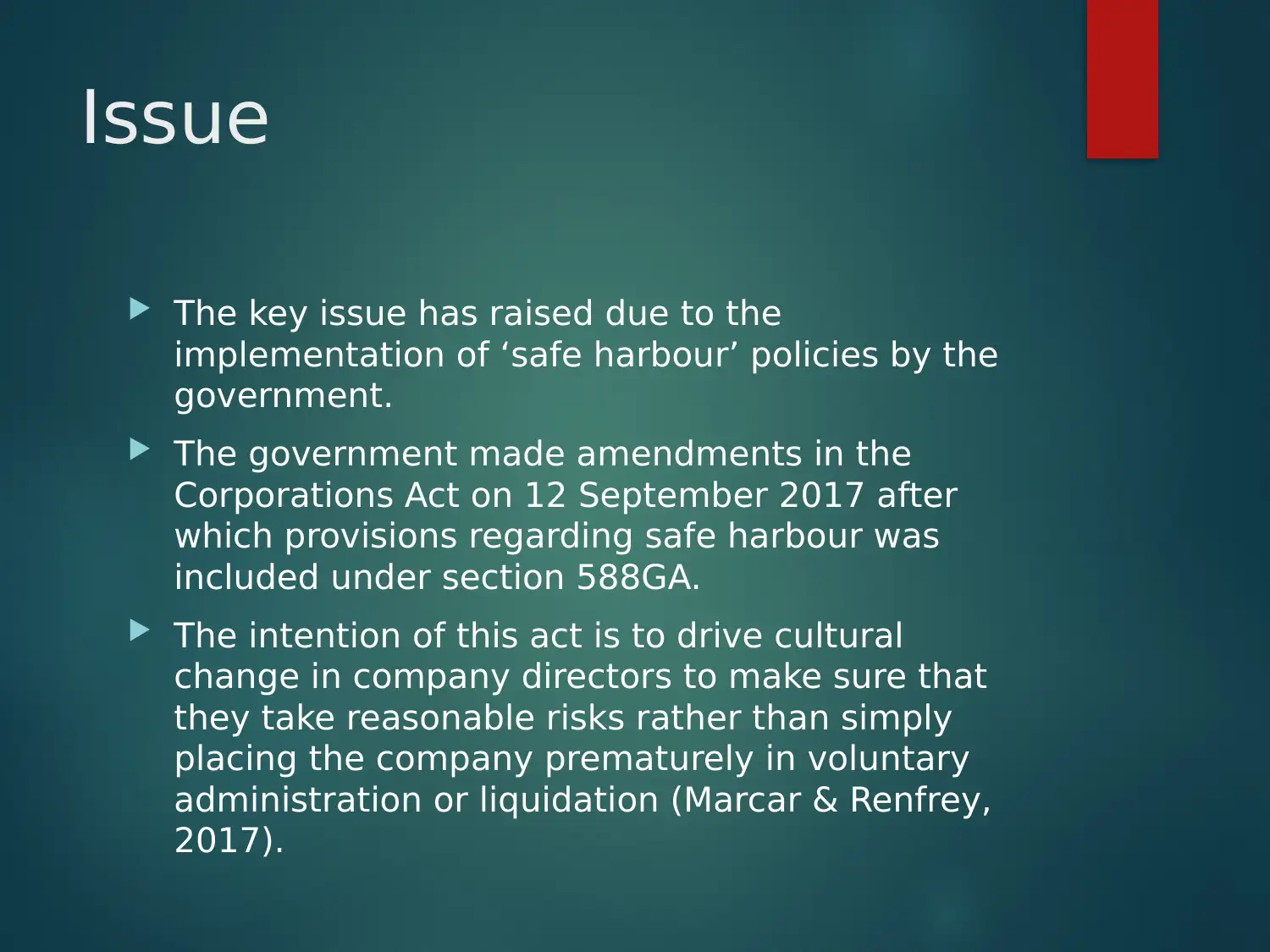
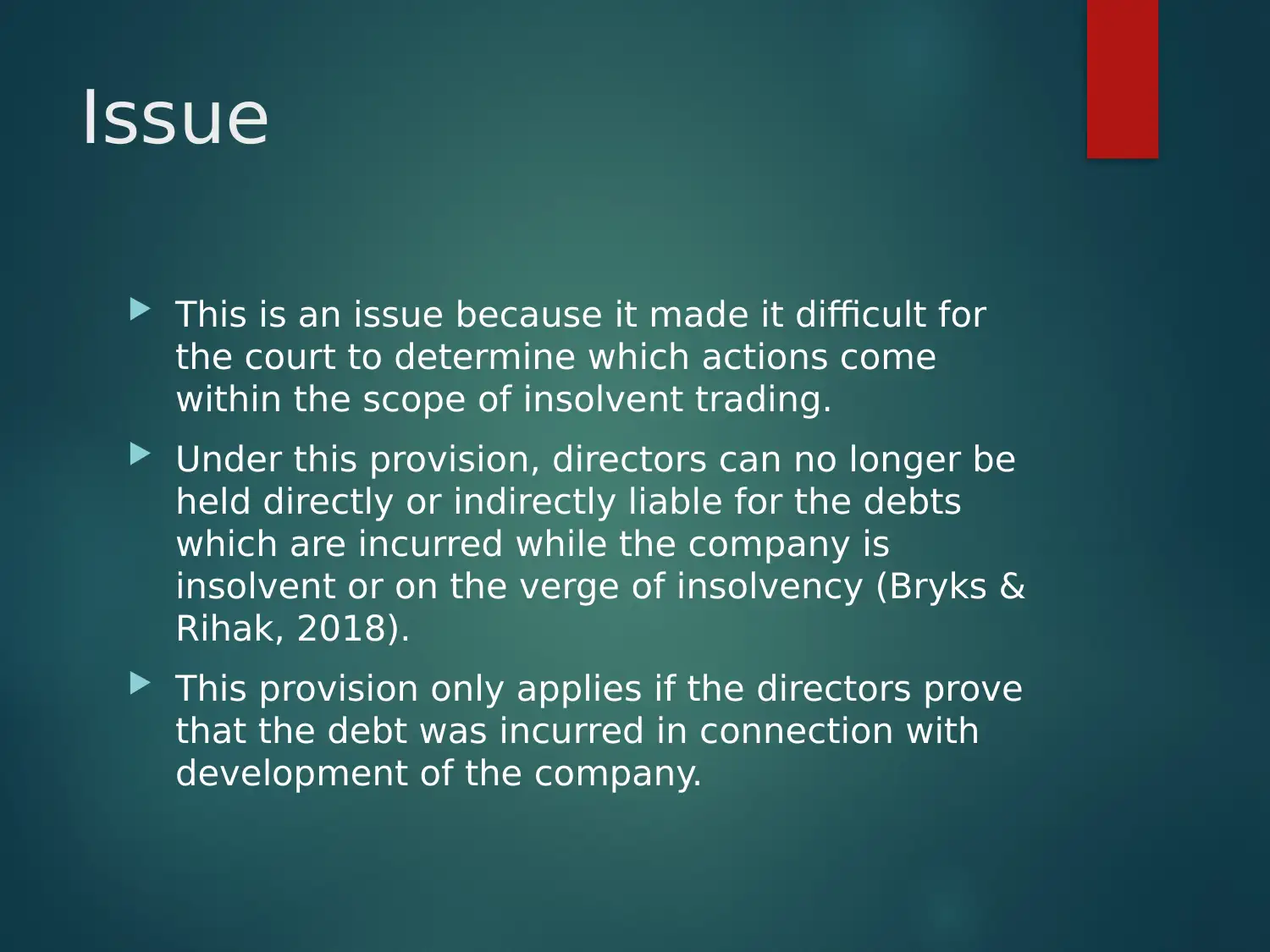
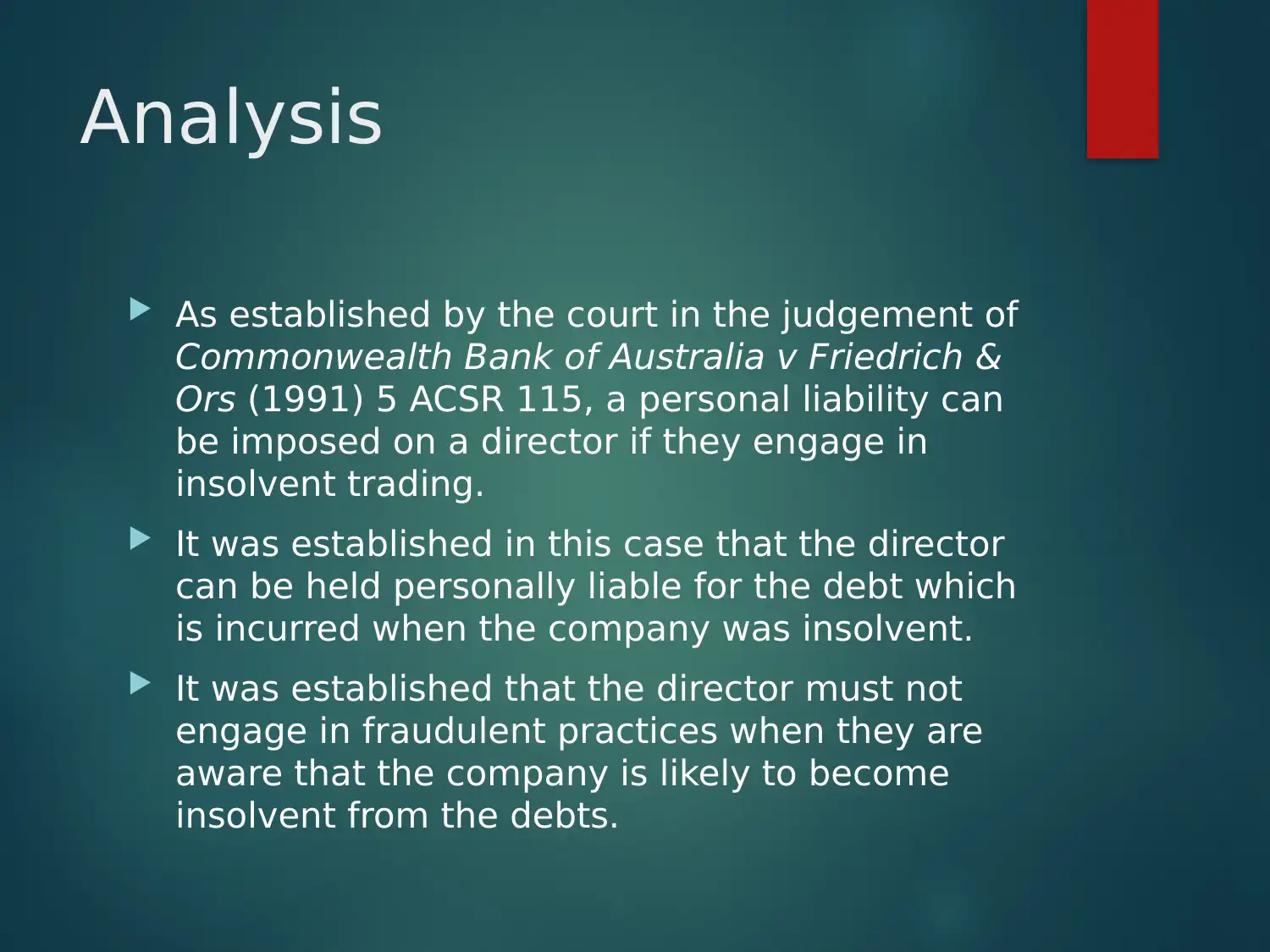
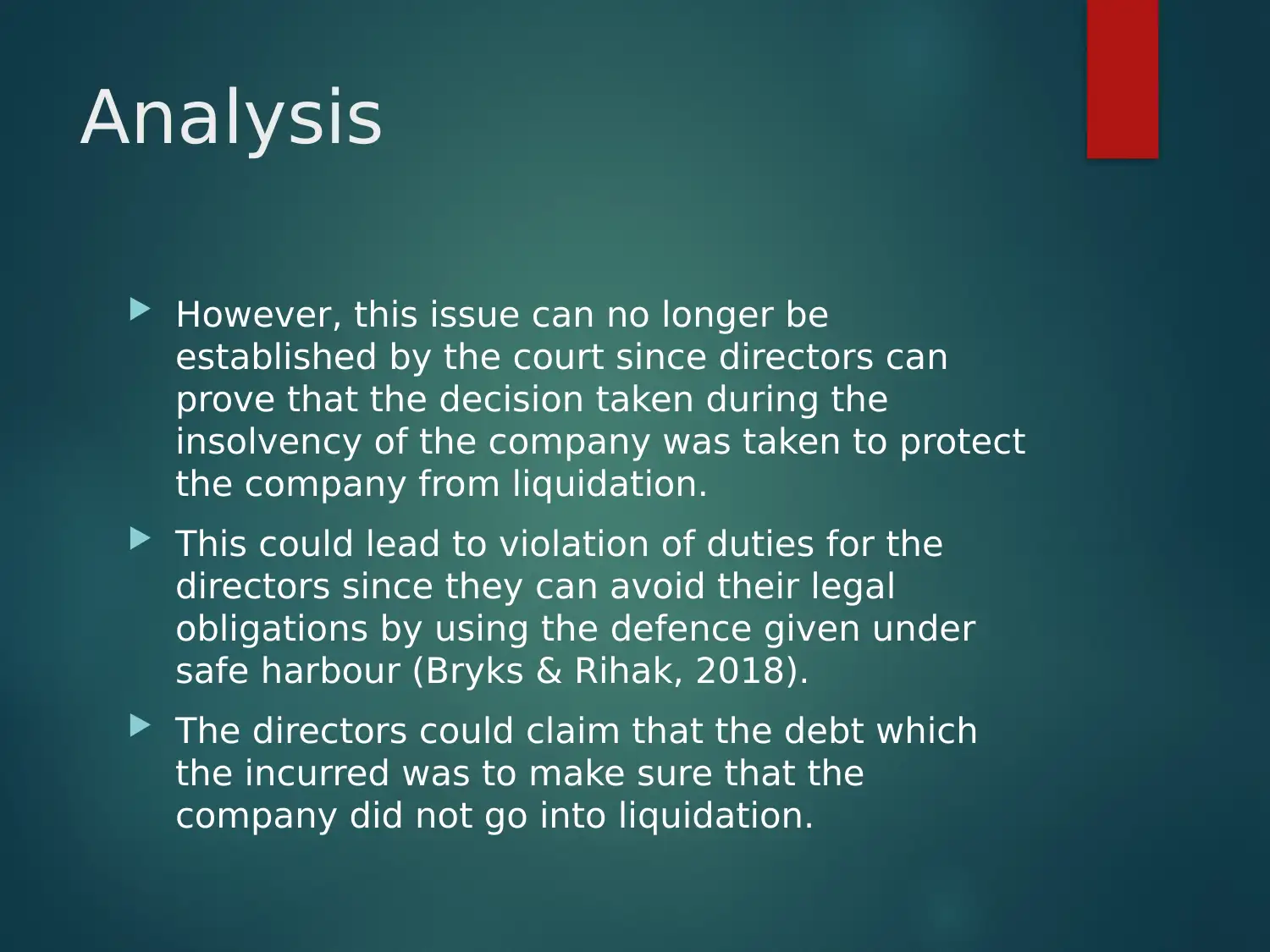






![[object Object]](/_next/static/media/star-bottom.7253800d.svg)